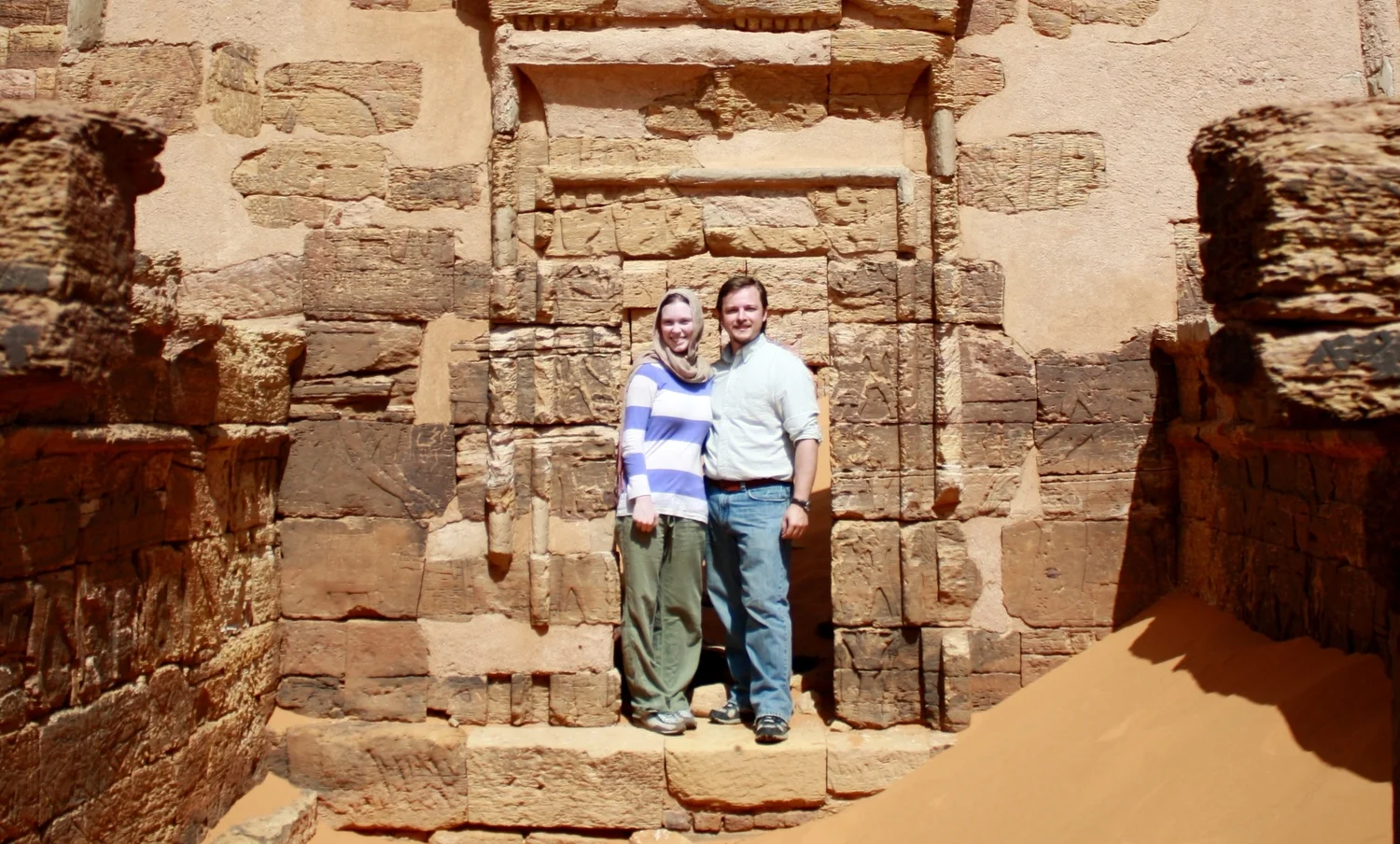2020… what a year!
I think historians will be wrestling out ways to express the overall shape of these past twelve months. Sometimes it feels more like we’ve collectively lived a decade in this single spin around the sun.
Think about it for a second. If you could use one single word to describe this ‘brick through a window’ of a year, what would it be? How would you sum up all the brushfires, murder hornets, swarming locusts, political intrigues and global revisions?
I’m beginning to think this year has really just been an extended Charlie Brown cartoon. We seem perpetually stuck in the frame where Lucy invites Charlie to kick the football. Invariably, despite all her promises and cajoling, Lucy always pulls the football away at the last second sending him reeling across the scene. Like Charlie, it’s as if the world is screaming one collective “AAUGH!” as we hurdle back to the hard, unyielding earth.
2020… what a year!
A Rosary of Themes
Ironically, I started this year with a word in mind. Every year we pray for God to set a theme for our family. We take the first few months of the new year, seeking the voice of God for a word, a prism through which to pray and read and walk.
Over the years its been amazing to look back and see how God was preparing us for the life-shaping and life-shaking events to come. In 2007, I started writing down each years theme, watching them develop and form into seasons. That year of growth was followed by a much needed year of restoration (2008). They flowed like winter slowly melting into spring. 2010 was the year we made contact. Our feet touched African soil and a summer season burst into brilliant life and color.
When we set faithfulness as our theme for 2015 could we have ever expected to walk through the most difficult days and darkest nights we’d ever experienced. Days when I struggled to find clarity and energy. And yet, undergirding it all was that year’s theme God had spoken to us: faithfulness.
In my journal now rests a rosary of themes, beads of experience. Looking back, we really should have seen it coming when we felt the Lord saying “Transformation” as we prayed for 2020.
This year has upturned plans and strategies. It’s trampled underfoot goals and intentions. And throughout these days and months we’ve felt the transforming power of the Holy Spirit at work, revealing Christ’s glory in our weakness and creating space for us to celebrate His beauty!
Praise God for this year is throwing away the cookie-cutters of ministry, the ways of doing ministry that have become ingrained and inflexible (Psalm 104.24). Thank God this year is disconnecting us from the plug-and-play systems that undermine the Holy Spirit’s call to innovate and pray (Romans 12.2). Today, let’s extol His name as we commend His ways, and not our own, to a new generation (Psalm 145.1). Let’s rejoice that He is replacing our tired attempts to repeat what He’s done in other places and times with new things we could never have imagined (Isaiah 43.19)!
2020… what a year!
A Way Made by Walking
Closing the book on this year and cautiously stepping into 2021 I’m reminded of the words of the Spanish poet Antonio Machado, “The way is made by walking.”
Friend, its time to stop looking for the ‘tried-and-true-paths’ that promise success and simply follow Jesus into the unknown. It’s time to step into the new thing He is preparing for us. But make no mistake this will require trust. Perhaps that should be this next years theme: Trust. Trust that in the dark His command is a lamp showing us the way (Proverbs 6:23). Trust that in the unknown and unforeseeable His word is a light that reveals our path (Psalm 119.105).
This path may lead us deeper into the wilderness. If it does, praise the One that led us there. This new year’s journey may cut against the current of those around us ready for life ‘to go back to normal.’ If it does, trust Him all the more (Proverbs 3.5). Each step is building up our most holy faith. Every day on this pilgrimage is a new opportunity to stoke the fire of our love for God and one another.
This way is made by walking. 2021… what a year!
“Now to Him who is able to keep you from stumbling and to present you blameless before the presence of his glory with great joy, to the only God, our Savior, through Jesus Christ our Lord, be glory, majesty, dominion, and authority, before all time and now and forever. Amen.” (Jude 24-25)



